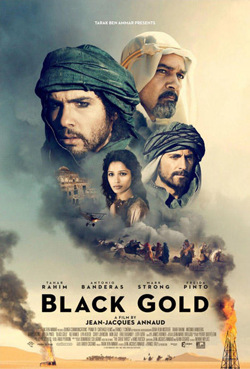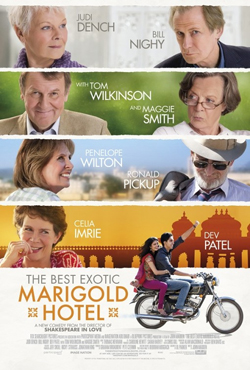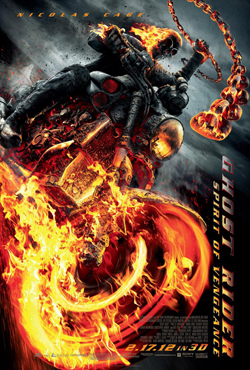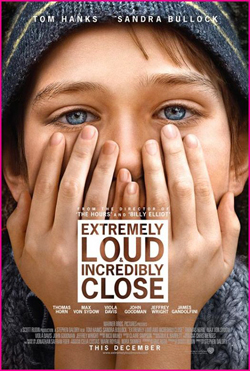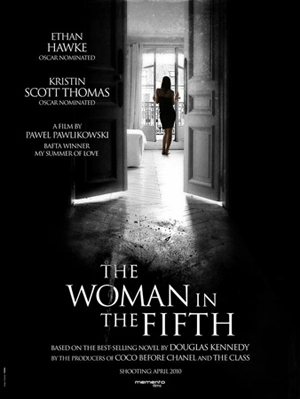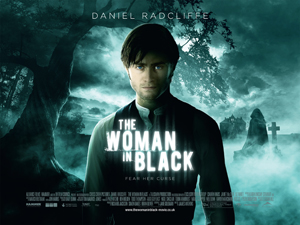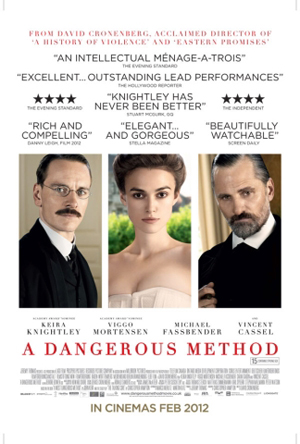LFF 2011: Rampart ***
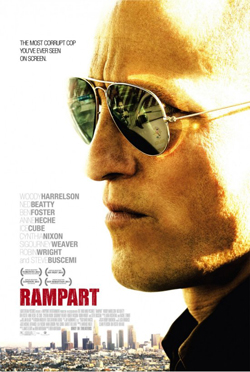 It’s been three years since the dynamic working trio of writer-director Oren Moverman, Woody Harrelson and Ben Foster worked together on The Messenger, a powerful and truly thought-provoking drama about the effects of war on those adjusting to civvy street living. Harrelson and Foster’s ‘Angels of Death’ sadly went under the radar at the box office at the time, but their collective performance is one of the finest from both actors in their careers to date. This time, in Rampart, Harrelson is centre-stage, with Foster merely a supporting factor, and Moverman gives Harrelson the opportunity to reinvent the traditional view of the dirty cop in a unique and intriguing way.
It’s been three years since the dynamic working trio of writer-director Oren Moverman, Woody Harrelson and Ben Foster worked together on The Messenger, a powerful and truly thought-provoking drama about the effects of war on those adjusting to civvy street living. Harrelson and Foster’s ‘Angels of Death’ sadly went under the radar at the box office at the time, but their collective performance is one of the finest from both actors in their careers to date. This time, in Rampart, Harrelson is centre-stage, with Foster merely a supporting factor, and Moverman gives Harrelson the opportunity to reinvent the traditional view of the dirty cop in a unique and intriguing way.
Set in 1999 Los Angeles, a few years after the infamous riots, but where tensions still run high and the police are still held in disrepute, veteran police officer Dave Brown (Harrelson), the last of the renegade cops, works to take care of his unusual polygamist family. After his car is rammed, he is caught on camera assaulting the culprit, but refuses to enter early retirement and uses his law training to struggle for his own career survival.
The production is one we have seen many times before, with its jarring, hand-held, sometimes strongly contrasting cinematography to replicate a sense of lurking threat and underworld dealings and set-ups. It’s the ugly side of law enforcement with Officer Brown at the helm like an unhinged foot soldier longing for the days when you could be more physical with the perp – and anyone else who doesn’t comply for that matter. So far, Moverman follows a well-trodden genre plan, and with Harrelson as the Anti-Christ copper doing his very best to unsettle the status quo, it makes a solid impression.
But as we learn more about Brown, we witness more than the average corrupt film cop psyche, as new layer upon new layer of personality trait is added to Brown’s arsenal that makes him far from one-dimensional. As he surprises the authorities that are trying to remove him as a departmental embarrassment, he also keeps the viewer guessing as to his next move. At the start you unquestionably dislike him – and that never quite changes, but what grows with his sociopathic tendencies is our level awe at his tuned survival skills that are always questionable but genius in adaptability.
Moverman’s characters are definitely well presented and not the real issue: It is the actual plot that is too thin to sink your teeth into, and there is little reference to the true effect of the Rampart scandal of the late 90s – hence the title – and its gross misconduct that would have given Brown’s personal war a little fleshier framework to implode in. In that sense, Harrelson is carrying the show on Brown’s Teflon shoulders. This should glowingly highlight Harrelson’s impressive performance but some of the choppy direction and odd framing – as we see from Brown’s perspective – actually detracts from Harrelson’s compelling portrayal. In a sense, at times it’s LAPD Blues all over, and hence suffers from a touch of déjà vu as a whole.
3/5 stars
By @FilmGazer

